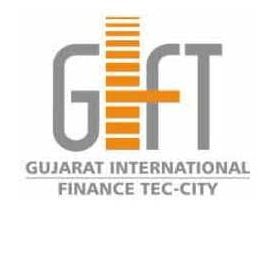New entrants are acquiring significant growth areas in India
The India Data Centre Market is expected to reach US$13.96 billion by 2029, rising at a CAGR of 12.46% from US$6.90 billion in 2023, according to ResearchAndMarkets report released on 27 June 2024 http://researchandmarkets.com .
The report analyses the market share of India’s data center. It elaboratively analyses the existing and upcoming facilities and investments in IT, electrical, mechanical infrastructure, general construction, and tier standards. It discusses market sizing and investment estimation for different segments https://www.nseindia.com/ .
Leading colocation, cloud data centres, and hyperscalers in India are rapidly establishing renewable energy partnerships with major vendors such as O2 Power https://www.o2power.in/ , Continuum Green https://www.continuumenergy.in/ , Vibrant Energy https://vibrantenergy.in/ , and Tata Power Renewable Energy.
For instance, in 2023, Princeton Digital Group https://princetondg.com/ entered into a long-term agreement with Tata Power Renewable Energy https://www.tatapowerrenewables.com/ to get solar energy from the Nanded district project to support its Mumbai data centre.
Data centre providers in India include Nxtra by Airtel, ST Telemedia Global Data Centres http://sttelemedia.com , NTT Global Data Centers http://group.ntt , Web Werks , Sify Technologies https://www.sifytechnologies.com/ , Yotta Infrastructure (Hiranandani Group) https://hiranandani.com/ , and CtrlS Datacenters https://www.bseindia.com/ .
New entrants are moving in the India data centre market and acquiring significant growth areas https://www.ibef.org/ .
For example, in 2023, Digital Connexion acquired 2.5 acres in Chandivali, Metro Mumbai, to develop its second data centre facility https://sbi.com.in/ .
Mumbai, Chennai and Hyderabad have emerged as top destinations for investments in the India data centre market, powered by an expanding pool of STEM graduates and more foreign investment, resulting in higher data centre deployments and job possibilities. Inland connection in India is improving, thanks to the establishment of significant internet exchange points such as AMR-IX, Extreme IX, ANI-IX, AMS-IX, NIXI, DE-CIX, REDIX, Remki Internet Exchange (RIX), SP-iXP.
Major telecom companies such as Reliance Jio https://www.jio.com/ , Vodafone Idea http://myvi.in , and Airtel http://airtel.in have commercially introduced 5G in India.
India aims for carbon neutrality by 2070, with 500 GW of installed renewable energy by 2030. So, beginning in 2023, new data centres such as AdaniConneX have planned to develop several new facilities across Mumbai, Hyderabad, Vizag, Noida, Pune, and Chennai using 100% renewable energy. Municipalities use Big Data and AI to improve urban and smart city services.
For instance, Pune has deployed Adaptive Traffic Management technology at 30 signals, optimizing traffic flow and cutting travel time. Generative AI revolutionizes data centres and cloud computing, fueling India’s digital growth. In the coming years, this will result in the creation of high-performance AI-driven data centres. Fiinews.com










